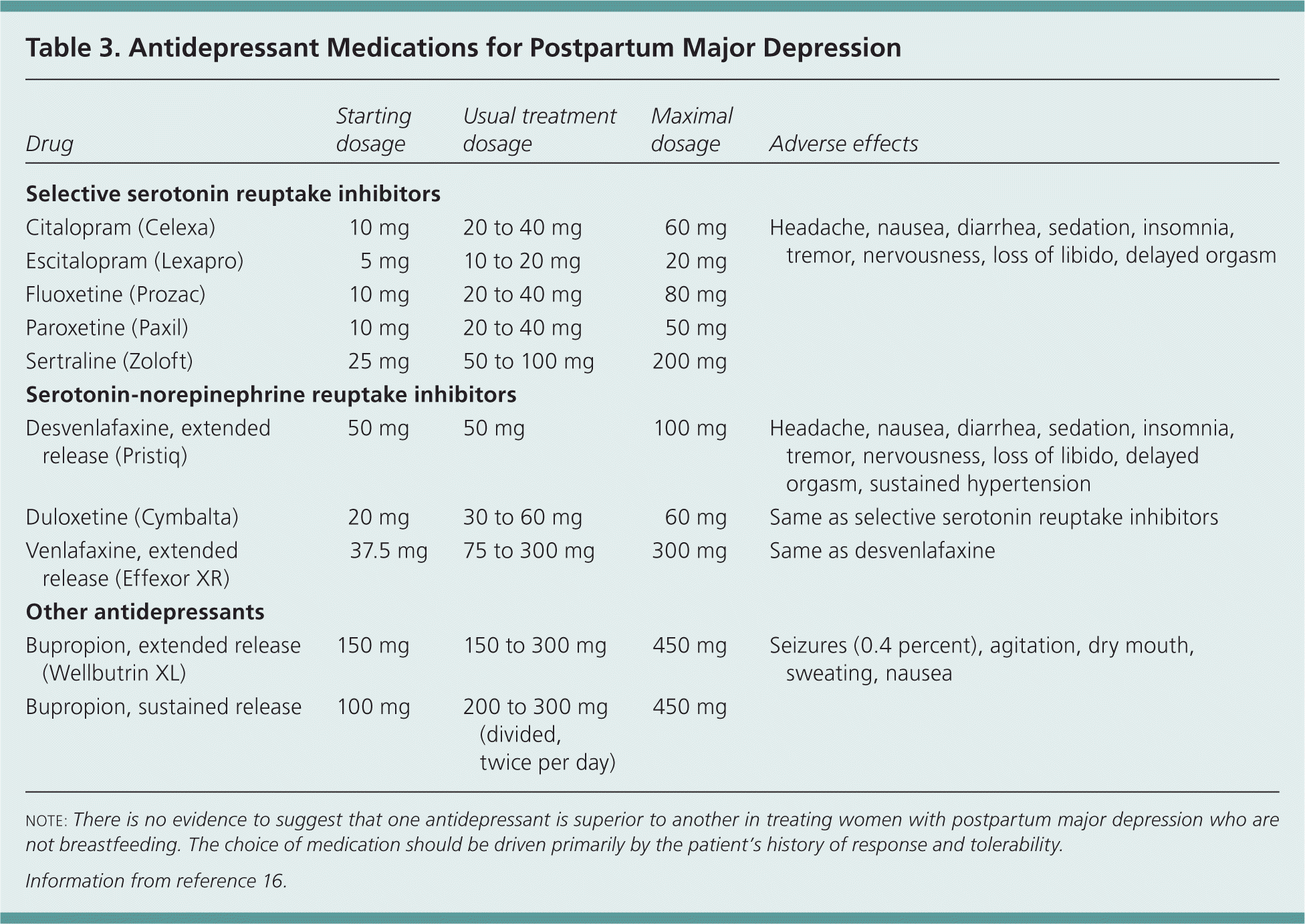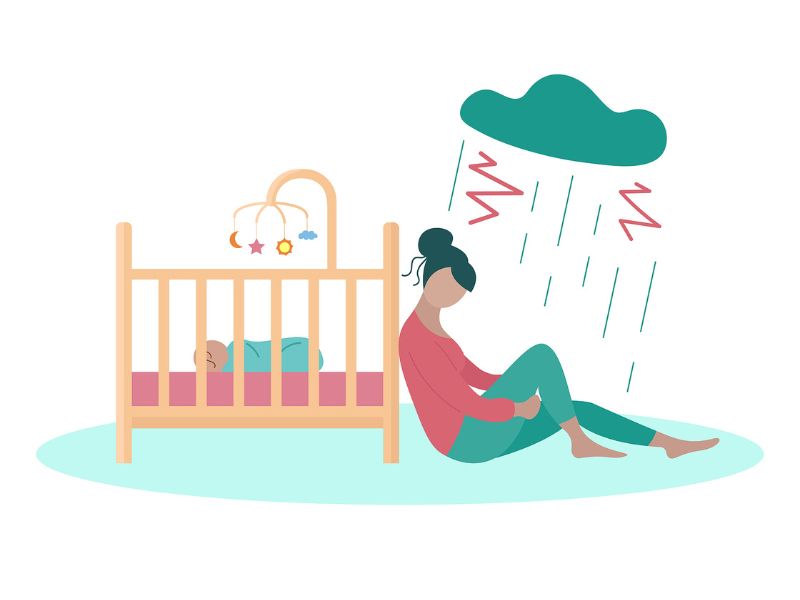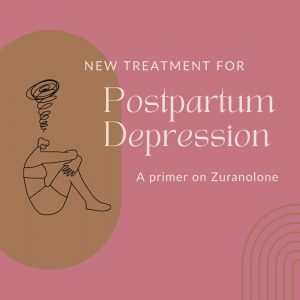Not known Incorrect Statements About Beautiful Journey Reproductive Counseling Center
Not known Incorrect Statements About Beautiful Journey Reproductive Counseling Center
Blog Article
Some Known Details About Beautiful Journey Reproductive Counseling Center
Table of ContentsBeautiful Journey Reproductive Counseling Center - TruthsThe Basic Principles Of Beautiful Journey Reproductive Counseling Center Getting My Beautiful Journey Reproductive Counseling Center To WorkThe 4-Minute Rule for Beautiful Journey Reproductive Counseling CenterThe Ultimate Guide To Beautiful Journey Reproductive Counseling CenterBeautiful Journey Reproductive Counseling Center for Beginners

Functioning with mental wellness experts is an excellent method to discover about postpartum clinical depression and just how to recoup. Therapy is an individual and crucial method to deal with postpartum anxiety.

Beautiful Journey Reproductive Counseling Center - An Overview
There have actually not been definitive studies released that looked particularly at folate or other B vitamins in the treatment of postpartum depression. Consider suggesting to ladies that are postpartum to proceed their prenatal vitamin or take a B-100 facility with concerning 1 mg (or 1,000 mcg) of folic acid, or folate.
Modification of vitamin D deficiency may play a considerable role in the recovery from postpartum depression. Mommies battling with depression ought to have their 25-OH vitamin D level examined. Several women find that they require a minimum of 2,000-3,000 IUs of cholecalciferol, which is vitamin D3 (a type that is very conveniently soaked up) throughout the winter season.
In the summer season, less dental vitamin D might be required, depending on the latitude where the mother lives. therapist for infertility.
Facts About Beautiful Journey Reproductive Counseling Center Uncovered

Anticoagulation might be used, and it must be noted that there exists no global standard or suggestion for anticoagulation treatment in septic pelvic thrombosis. Initial bolus of 60 units/kg (4000 units optimum) followed by 12 units/kg/h (maximum of 1000 units/h) is suggested. The aPTT is monitored for 2-3 times the normal value.
Postpartum clinical depression (PPD) is a complex mix of physical, emotional, and behavioral adjustments that happen in some women after delivering. According to the DSM-5, a hand-operated used to identify psychological problems, PPD is a kind of major clinical depression that begins within 4 weeks after delivery. The medical diagnosis of postpartum depression is based not only on the size of time between delivery and onset however on the intensity of the clinical depression.
The term defines an array of physical and psychological modifications that several new mothers experience. The real web link in between this decline and clinical depression is still not clear.
9 Simple Techniques For Beautiful Journey Reproductive Counseling Center
Usually, signing up with a support group of brand-new mommies or speaking with other mothers aids. can occur a few days or perhaps months after childbirth. PPD can happen after the birth of any youngster, not just the very first youngster. You can have feelings comparable to the infant blues-- sadness, misery, anxiousness, crankiness-- however you feel them much more highly.
When your capability to feature is influenced, you need to see a healthcare provider, such as your OB/GYN or primary treatment doctor. This physician can screen you for depression symptoms and develop a therapy strategy. If you don't get treatment for PPD, signs and symptoms can become worse. While PPD is a serious condition, it can be treated with drug and counseling.
This ailment can take place quickly, commonly within the initial 3 months after childbirth. Ladies can lose touch with truth, having auditory hallucinations (hearing points that aren't really happening, like a person talking) and misconceptions (strongly thinking points that are plainly unreasonable). Aesthetic hallucinations (seeing things that aren't there) are less typical.
Women who have postpartum psychosis demand therapy right now and often need medicine. Often women are my link taken into the medical facility due to the fact that they are at threat for hurting themselves or somebody else. Postpartum clinical depression is treated differently, depending on the kind of signs and symptoms and exactly how severe they are. Therapy alternatives include anti-anxiety or antidepressant medications, psychiatric therapy, and involvement in a support system for emotional support and education and learning.
The Best Guide To Beautiful Journey Reproductive Counseling Center
Youngsters of mothers with postpartum depression are most likely to have problems with sleeping and eating, weeping greater than typical, and hold-ups in language growth. If you have a history of anxiety, inform your medical professional as soon as you figure out you're expectant, or if you're intending to become expecting.
Frequently, signing up with a support team of new mothers or talking with various other moms aids. can occur a couple of days and even months after childbirth. PPD can occur after the birth of any type of youngster, not simply the first child. You can have feelings similar to the child blues-- sadness, despair, anxiousness, crankiness-- but you feel them a lot more strongly.
When your ability to function is affected, you need to see a health and wellness care service provider, such as your OB/GYN or medical care physician. This physician can screen you for depression signs and symptoms and develop a treatment strategy. If you do not get treatment for PPD, symptoms can get worse. While PPD is a serious problem, it can be treated with medication and counseling.
This disease can take place swiftly, usually within the initial 3 months after giving birth. Females can shed touch with truth, having auditory hallucinations (hearing things that aren't actually happening, like an individual speaking) and delusions (strongly thinking things that are clearly illogical). Visual hallucinations (seeing points that aren't there) are much less common.
A Biased View of Beautiful Journey Reproductive Counseling Center
Women who have postpartum psychosis demand therapy right away and nearly constantly require drug. Therapy alternatives consist of anti-anxiety or antidepressant drugs, psychiatric therapy, and engagement in an assistance team for emotional support and education.
Kids of moms with postpartum anxiety are most likely to have problems with sleeping and eating, weeping even more than usual, and delays in language growth (reproductive therapist). If you have a history of clinical depression - https://www.tumblr.com/beaj0urepcc, tell your physician as quickly as you discover you're pregnant, or if you're planning to become pregnant
Report this page